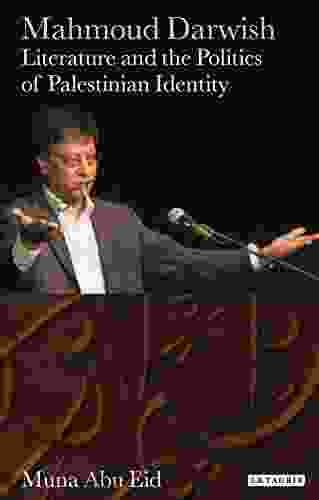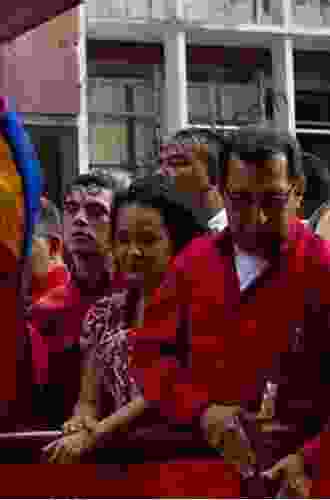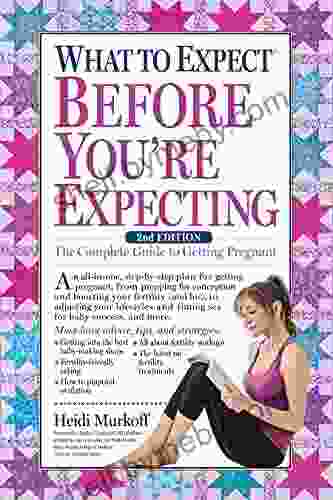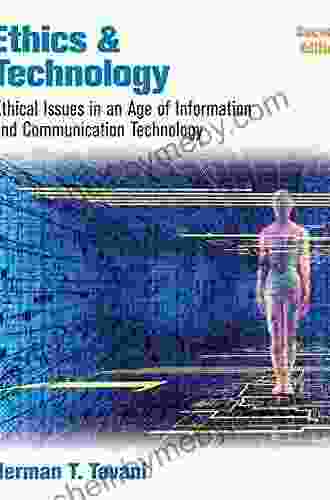Literature and the Politics of Palestinian Identity: Unveiling the Power of Written Culture and Identity

5 out of 5
| Language | : | English |
| File size | : | 1585 KB |
| Text-to-Speech | : | Enabled |
| Screen Reader | : | Supported |
| Enhanced typesetting | : | Enabled |
| Print length | : | 304 pages |
The relationship between literature and identity is a complex and multifaceted one. Literature can shape our understanding of who we are, where we come from, and what our place in the world is. It can provide us with a sense of belonging and connection to others, and it can help us to make sense of our experiences. For marginalized and oppressed peoples, literature can be a powerful tool for resistance and self-determination.
This is certainly the case for the Palestinian people. For decades, Palestinians have been subjected to occupation, displacement, and violence. In the face of these challenges, Palestinian literature has emerged as a vital force for resistance and self-expression. Palestinian writers have used their work to document the Palestinian experience, to challenge Israeli oppression, and to envision a future of freedom and justice for their people.
The Role of Literature in Shaping Palestinian Identity
Palestinian literature has played a crucial role in shaping Palestinian identity. Through their work, Palestinian writers have helped to define what it means to be Palestinian. They have explored the themes of exile, displacement, and loss, and they have celebrated the Palestinian people's resilience and determination. Palestinian literature has also been a source of inspiration for Palestinian activists and leaders, who have drawn on its themes and messages to mobilize their people and to fight for their rights.
One of the most important ways that Palestinian literature has shaped Palestinian identity is by providing a sense of continuity and connection to the past. In the face of displacement and exile, Palestinian writers have used their work to connect with their homeland and to preserve their history and culture. They have written about the villages and towns that were destroyed, the families that were separated, and the traditions that were lost. By ng so, they have helped to keep Palestinian identity alive and to ensure that the Palestinian people will not be forgotten.
Literature as a Tool of Resistance
In addition to shaping Palestinian identity, literature has also been a powerful tool of resistance against Israeli occupation. Palestinian writers have used their work to document the human rights abuses committed by the Israeli government, to challenge the Israeli narrative of the conflict, and to call for an end to the occupation. Palestinian literature has been a source of inspiration for Palestinian activists and leaders, who have drawn on its themes and messages to mobilize their people and to fight for their rights.
One of the most famous examples of Palestinian resistance literature is the work of Mahmoud Darwish. Darwish was a Palestinian poet who wrote extensively about the Palestinian experience. His work was often banned by the Israeli government, but it was widely read and circulated among Palestinians. Darwish's poetry was a source of inspiration for the Palestinian people, and it helped to give them a sense of hope and resilience. Darwish once said, "My poetry is not a political act. It is a human act. It is a cry of pain. It is a cry of hope." His words continue to resonate with Palestinians today, and his work remains a powerful symbol of the Palestinian struggle for freedom.
The Future of Palestinian Literature
The future of Palestinian literature is uncertain. The challenges facing the Palestinian people are immense, and the Israeli government continues to suppress Palestinian voices. However, Palestinian writers are determined to continue writing and to use their work to tell the Palestinian story. They believe that literature is a powerful tool for resistance and change, and they are committed to using it to fight for a better future for the Palestinian people.
In the words of Palestinian writer Raja Shehadeh, "Literature is a way of fighting. It is a way of resisting. It is a way of keeping hope alive." Palestinian literature is a vital part of the Palestinian struggle, and it will continue to play a crucial role in shaping Palestinian identity and in fighting for Palestinian rights.
Literature and the Politics of Palestinian Identity is a complex and multifaceted topic. This article has only scratched the surface of this topic, but it has hopefully provided a basic understanding of the role that literature has played in shaping Palestinian identity and in fighting for Palestinian rights. Palestinian literature is a powerful force for resistance and self-expression, and it will continue to play a crucial role in the Palestinian struggle for freedom.
5 out of 5
| Language | : | English |
| File size | : | 1585 KB |
| Text-to-Speech | : | Enabled |
| Screen Reader | : | Supported |
| Enhanced typesetting | : | Enabled |
| Print length | : | 304 pages |
Do you want to contribute by writing guest posts on this blog?
Please contact us and send us a resume of previous articles that you have written.
 Book
Book Novel
Novel Page
Page Chapter
Chapter Text
Text Story
Story Genre
Genre Reader
Reader Library
Library Paperback
Paperback E-book
E-book Magazine
Magazine Newspaper
Newspaper Paragraph
Paragraph Sentence
Sentence Bookmark
Bookmark Shelf
Shelf Glossary
Glossary Bibliography
Bibliography Foreword
Foreword Preface
Preface Synopsis
Synopsis Annotation
Annotation Footnote
Footnote Manuscript
Manuscript Scroll
Scroll Codex
Codex Tome
Tome Bestseller
Bestseller Classics
Classics Library card
Library card Narrative
Narrative Biography
Biography Autobiography
Autobiography Memoir
Memoir Reference
Reference Encyclopedia
Encyclopedia Timothy C G Fisher
Timothy C G Fisher Helen Kara
Helen Kara Henry Hatcher
Henry Hatcher Hayley Campbell
Hayley Campbell Lynn Thorndike
Lynn Thorndike Heather Anderson
Heather Anderson Heda Margolius Kovaly
Heda Margolius Kovaly Heraldo Munoz
Heraldo Munoz Iain Spragg
Iain Spragg Hugh P Mckenna
Hugh P Mckenna Iain Pardoe
Iain Pardoe Ian Worthington
Ian Worthington Ian Goldin
Ian Goldin Heath Lambert
Heath Lambert Thomas Swick
Thomas Swick Sunil Tanna
Sunil Tanna Horst Schulze
Horst Schulze Iasha King
Iasha King Mary Gordon
Mary Gordon Helen Sive Paxton
Helen Sive Paxton
Light bulbAdvertise smarter! Our strategic ad space ensures maximum exposure. Reserve your spot today!
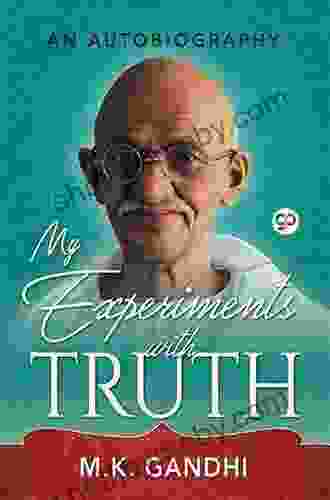
 Vladimir NabokovUnveiling the Essence of Mahatma Gandhi: A Journey Through His Writings and...
Vladimir NabokovUnveiling the Essence of Mahatma Gandhi: A Journey Through His Writings and...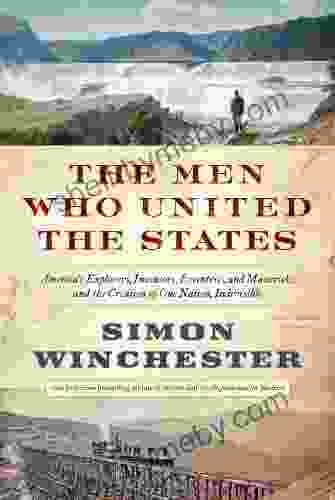
 Patrick RothfussAmerica's Explorers, Inventors, Eccentrics, and Mavericks: The Building...
Patrick RothfussAmerica's Explorers, Inventors, Eccentrics, and Mavericks: The Building... Vernon BlairFollow ·12.6k
Vernon BlairFollow ·12.6k Kazuo IshiguroFollow ·9.6k
Kazuo IshiguroFollow ·9.6k Clark BellFollow ·16k
Clark BellFollow ·16k Branson CarterFollow ·12.6k
Branson CarterFollow ·12.6k Carter HayesFollow ·2.2k
Carter HayesFollow ·2.2k Ken FollettFollow ·11.5k
Ken FollettFollow ·11.5k Warren BellFollow ·9k
Warren BellFollow ·9k Fletcher MitchellFollow ·4.7k
Fletcher MitchellFollow ·4.7k
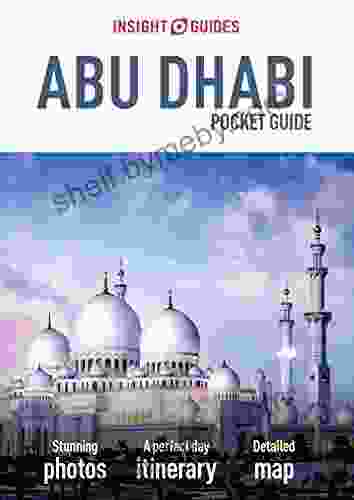
 Bo Cox
Bo CoxUncover the Enchanting Pearl of the Arabian Gulf: Insight...
Escape to the opulent...
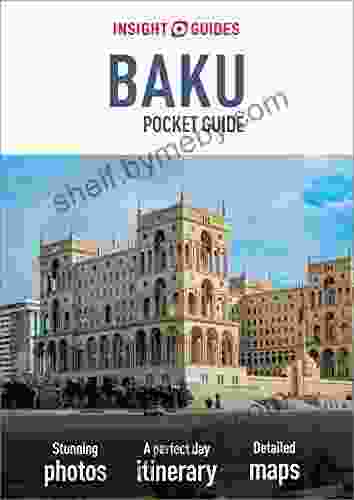
 Michael Crichton
Michael CrichtonInsight Guides Pocket Baku Travel Guide Ebook: Your...
An Enchanting Journey...
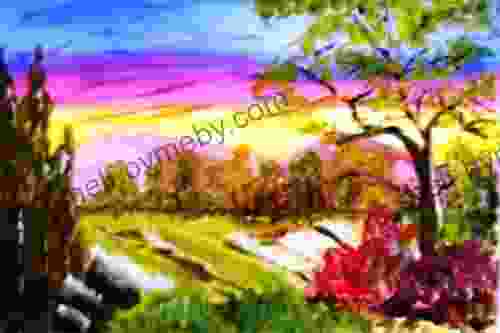
 Eugene Scott
Eugene ScottLearn to Paint Scenic Scenes: Unveil the Secrets of...
Step into the...
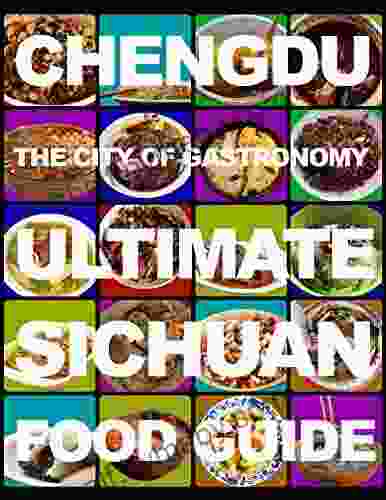
 Benji Powell
Benji PowellEmbark on a Culinary Adventure with "The Ultimate Sichuan...
Sichuan cuisine,...
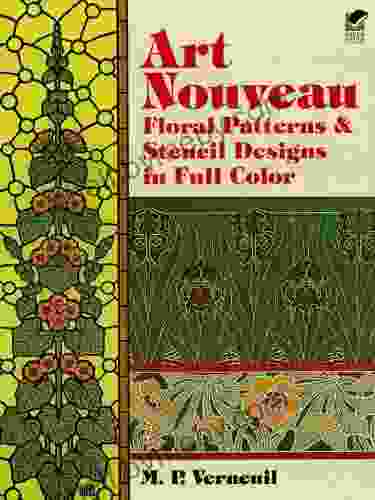
 Finn Cox
Finn CoxDiscover the Enchanting World of Art Nouveau: A...
Immerse yourself in the captivating beauty...
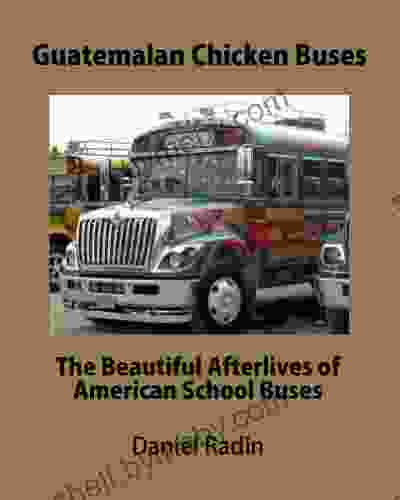
 Corey Green
Corey GreenUncover the Vibrant World of Guatemalan Chicken Buses: An...
Step into a world of vibrant colors,...
5 out of 5
| Language | : | English |
| File size | : | 1585 KB |
| Text-to-Speech | : | Enabled |
| Screen Reader | : | Supported |
| Enhanced typesetting | : | Enabled |
| Print length | : | 304 pages |


